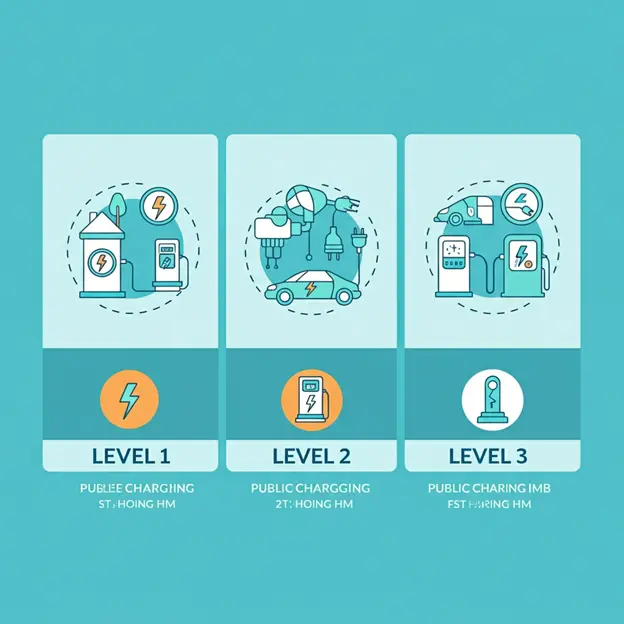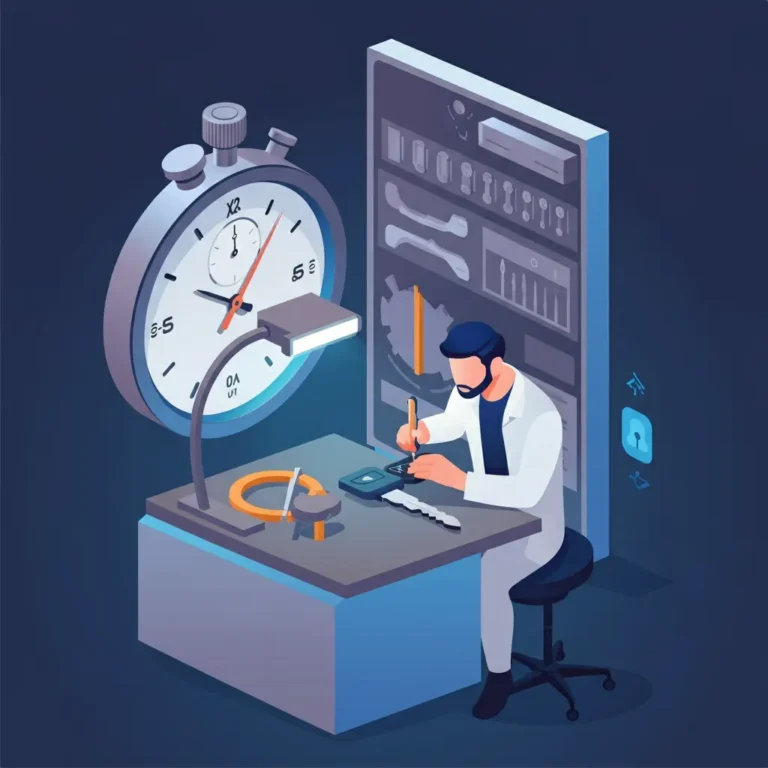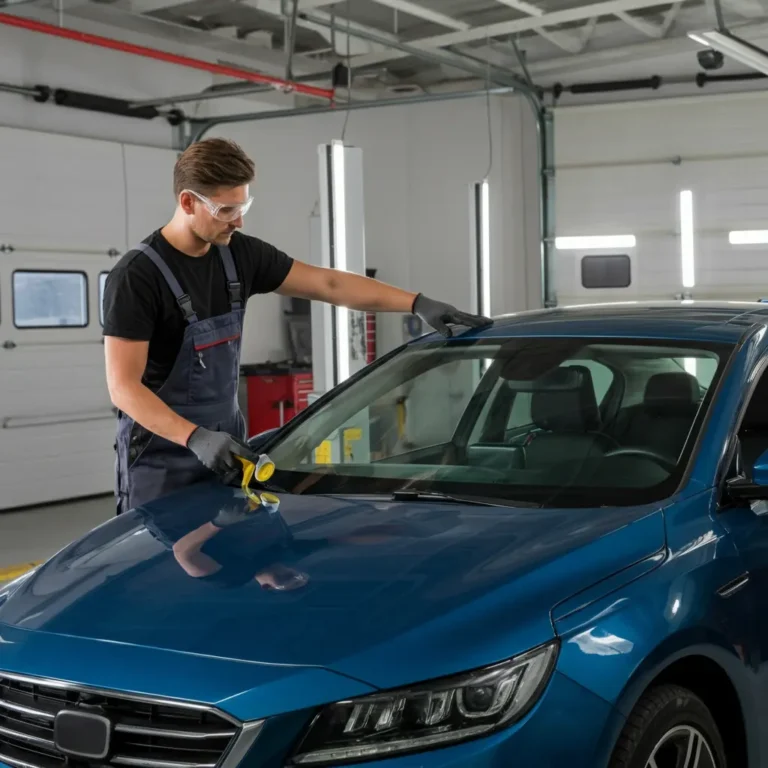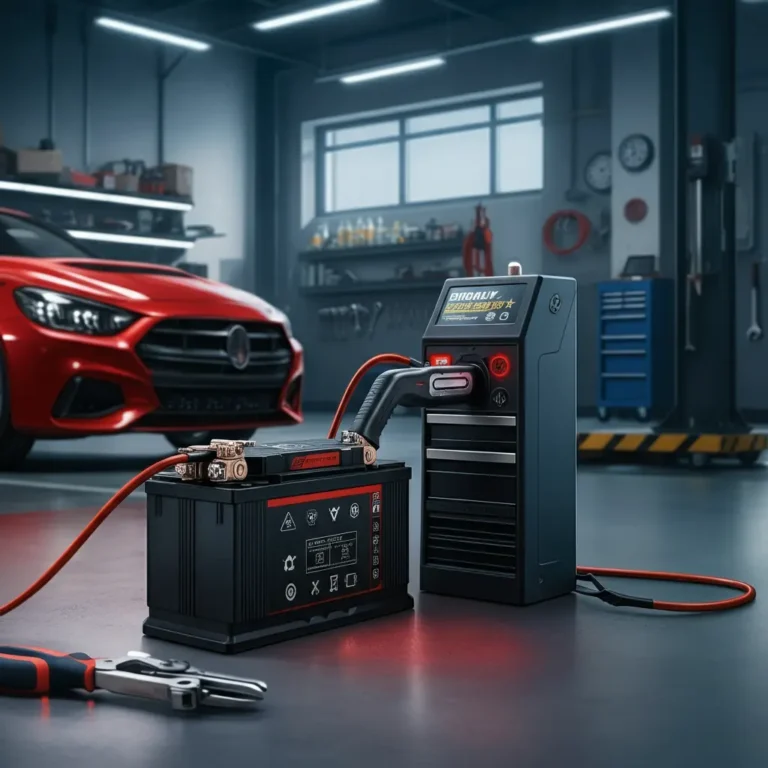How Long Does It Take to Charge an Electric Car?
Electric vehicles or Electric Car (EVs) are revolutionizing the way we think about transportation. Still, one of the most common questions for potential EV owners is: “How long does it take to charge an electric car?” The answer depends on several factors, including the type of charger, the car’s battery size, and the state of charge. Let’s dive into the details.
Table of Contents
Understanding Electric Car Charging Levels
EV charging is categorized into three levels:
- Level 1 (120V): This is the slowest option, using a standard household outlet. It adds about 3-5 miles of range per hour, making it suitable for overnight charging if you drive short distances daily.
- Level 2 (240V): A popular choice for home and public charging, Level 2 chargers can add 15-40 miles of range per hour. They can fully charge most EVs overnight.
- Level 3 (DC Fast Charging): These chargers are the fastest, providing 150-400 miles of range per hour. They’re ideal for road trips, as they can charge an EV from 10% to 80% in 30-60 minutes.
Factors That Affect the Charging Time of an Electric Car
- Battery Size: Larger batteries take longer to charge. For example, a 100 kWh battery will take more time than a 50 kWh battery, even with the same charger.
- Charger Capacity: The power output of the charger (measured in kW) determines how quickly energy is delivered to the battery.
- State of Charge: Charging from 0% to 80% is faster than the last 20%, as charging slows down to protect the battery.
- Environmental Conditions: Cold weather can slow down charging and reduce battery efficiency.
Charging Times for Popular EV Models
ModelBattery SizeLevel 2 (7kW)DC Fast Charger (50kW)DC Ultra-Fast (150kW)
Tesla Model S 100 kWh ~12 hours ~2 hours ~30 minutes
Nissan Leaf 40 kWh ~8 hours ~1 hour ~30 minutes
Volkswagen ID.4 77 kWh ~11 hours ~1.5 hours ~35 minutes
Home Charging vs. Public Charging
- Home Charging: Installing a Level 2 charger at home is the most convenient and cost-effective option for daily charging. It allows you to wake up to a fully charged car every morning.
- Public Charging: Public chargers are great for top-ups during errands or long trips. Rapid chargers are more expensive but save time when you’re on the go.
Top-Up Charging: A Practical and Efficient Approach Most EV drivers don’t wait for their battery to deplete completely. Instead, they “top up” whenever the car is parked—whether at home, work, or a public station. This approach minimizes downtime and ensures the car is always ready to go, making you feel efficient and resourceful.
Tips to Optimize Your EV Charging Experience
- Plan: Use apps to locate nearby chargers and check availability.
- Charge Overnight: Take advantage of off-peak electricity rates.
- Precondition Your Battery: Warm up the battery before charging in cold weather to improve efficiency.
- Invest in a Home Charger: A Level 2 charger at home is a game-changer for convenience.
FAQs
How long does it take to charge an EV at home?
With a Level 2 charger, most EVs can be fully charged overnight (6-12 hours).
What is the fastest way to charge an EV?
DC fast chargers (Level 3) can charge an EV from 10% to 80% in 30-60 minutes.
Does cold weather affect charging time?
Yes, cold weather can slow down charging and reduce battery efficiency.
Can I use a regular outlet to charge my EV?
Yes, but it’s prolonged (Level 1). A Level 2 charger is recommended for faster charging, providing you with the information you need to make an informed decision and feel confident about your choice.
How much range can I get in 30 minutes of charging?
With a DC fast charger, you can add 100-200 miles of range in 30 minutes, depending on the car and charger.








